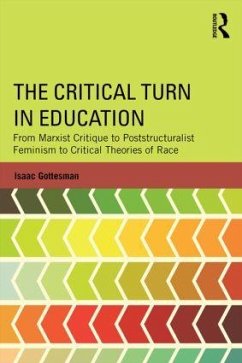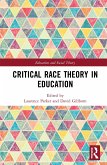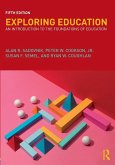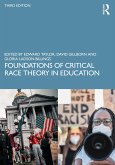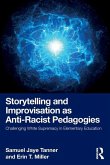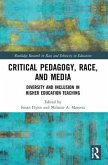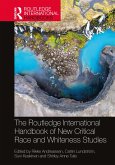The Critical Turn in Education traces the historical emergence and development of critical theories in the field of education, from the introduction of Marxist and other radical social theories in the 1960s to the contemporary critical landscape. The book begins by tracing the first waves of critical scholarship in the field through a close, contextual study of the intellectual and political projects of several core figures including, Paulo Freire, Samuel Bowles and Herbert Gintis, Michael Apple, and Henry Giroux. Later chapters offer a discussion of feminist critiques, the influx of postmodernist and poststructuralist ideas in education, and critical theories of race.
While grounded in U.S. scholarship, The Critical Turn in Education contextualizes the development of critical ideas and political projects within a larger international history, and charts the ongoing theoretical debates that seek to explain the relationship between school and society. Today, much of the language of this critical turn has now become commonplace-words such as "hegemony," "ideology," and the term "critical" itself-but by providing a historical analysis, The Critical Turn in Education illuminates the complexity and nuance of these theoretical tools, which offer ways of understanding the intersections between individual identities and structural forces in an attempt to engage and overturn social injustice.
While grounded in U.S. scholarship, The Critical Turn in Education contextualizes the development of critical ideas and political projects within a larger international history, and charts the ongoing theoretical debates that seek to explain the relationship between school and society. Today, much of the language of this critical turn has now become commonplace-words such as "hegemony," "ideology," and the term "critical" itself-but by providing a historical analysis, The Critical Turn in Education illuminates the complexity and nuance of these theoretical tools, which offer ways of understanding the intersections between individual identities and structural forces in an attempt to engage and overturn social injustice.
Gottesman's book should be enthusiastically and widely read, and hopefully should set the tone for many more conversations on the status of critical educational studies, its epistemologies of ignorance, its sustenance in uncertain and fragmented times, and its future.
--Teachers College Record, December 2017
Isaac Gottesman establishes himself as an intellectual's historian. Never before has there been such a detailed accounting of the Educational Left. He does more than trace the critical turn in education from Marxism to feminism to critical race theory. Gottesman provides the analytics that force us all to struggle with the burdens of the past without a clear path to the future other than the insistence on social justice. Books like The Critical Turn in Education only appear once in a generation. We don't just read it, we are deeply affected by it.
--Zeus Leonardo, Professor of Education and the Critical Theory Designated Emphasis, University of California, Berkeley
Isaac Gottesman's smart little book represents our first truly critical history of the "critical turn" in education. As Gottesman shows, self-described critical theorists have too often insulated themselves within their own fiefdoms. His work will help all of us look beyond our narrow domains, to a much broader realm of academic scholarship and--I hope--of popular influence.
--Jonathan Zimmerman, Professor of Education and History, New York University
--Teachers College Record, December 2017
Isaac Gottesman establishes himself as an intellectual's historian. Never before has there been such a detailed accounting of the Educational Left. He does more than trace the critical turn in education from Marxism to feminism to critical race theory. Gottesman provides the analytics that force us all to struggle with the burdens of the past without a clear path to the future other than the insistence on social justice. Books like The Critical Turn in Education only appear once in a generation. We don't just read it, we are deeply affected by it.
--Zeus Leonardo, Professor of Education and the Critical Theory Designated Emphasis, University of California, Berkeley
Isaac Gottesman's smart little book represents our first truly critical history of the "critical turn" in education. As Gottesman shows, self-described critical theorists have too often insulated themselves within their own fiefdoms. His work will help all of us look beyond our narrow domains, to a much broader realm of academic scholarship and--I hope--of popular influence.
--Jonathan Zimmerman, Professor of Education and History, New York University

